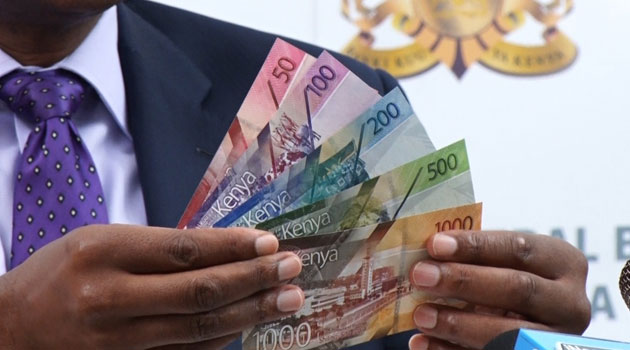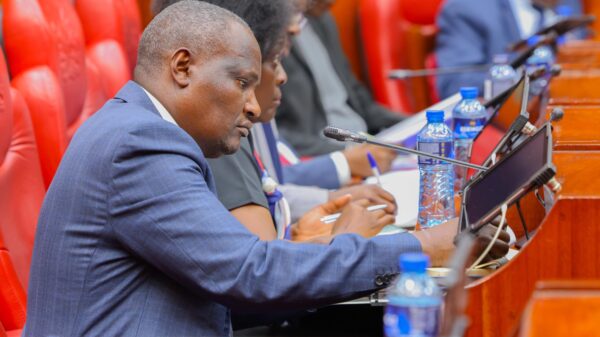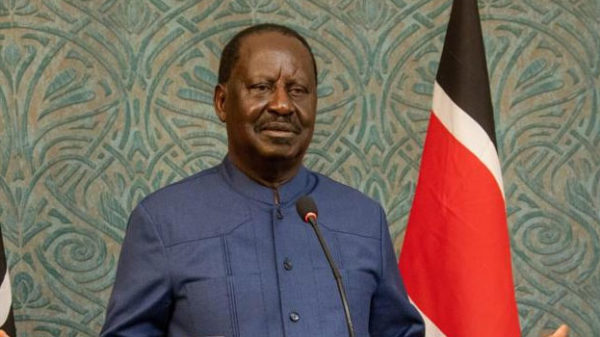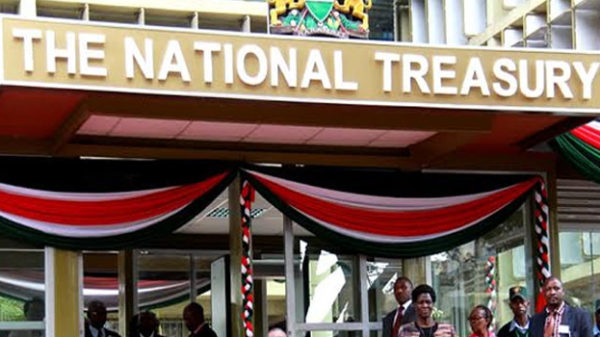NAIROBI, Kenya, Jan 26 – Economist Ashish Chadda has raised questions about the recent Caa1 rating assigned to Kenya by global credit rating agency Moody’s, arguing that it fails to accurately reflect the country’s economic realities.
In a commentary to Capital News, Chadda called for a reassessment of Kenya’s credit rating, pointing out that the nation’s fiscal deficit is among the lowest when compared to other G20 countries.
Kenya is projected to maintain a fiscal deficit of 4.6% of GDP in 2025, even without the additional taxes proposed in the Finance Bill.
This Chadda contends compares favourably to several G20 countries, including the United States and Japan, which have higher fiscal deficits as a percentage of GDP yet retain much higher credit ratings.
He questioned the emphasis on fiscal deficit as the sole metric for evaluating a country’s financial health.
“How else would you explain the current situation of a country like Kenya that is keen on meeting its obligations; has met all its obligations despite the continuous downgrading; and many G20 countries have a higher fiscal deficit than Kenya?” Chadda said.
Despite Moody’s recent revision of Kenya’s outlook from negative to positive, the Caa1 rating still places the country in the “junk” category, reflecting concerns over its ability to manage future financial obligations.
A Caa1 rating is one of the lowest possible ratings, signalling a high risk of default and suggesting that investing in the country carries significant financial risk.
Chadda similarly pointed to the lessons of the 2008 global financial crisis, where misjudgments by the major credit rating agencies, including Moody’s, contributed to the collapse of the financial system.
During that period, subprime mortgages were misclassified as investment-grade securities.Chadda questioned whether a similar mistake is being made with Kenya, arguing that the country’s strong record of debt repayment and commitment to fiscal discipline are not being fully recognized by the rating agencies.
Although Moody’s has acknowledged signs of improved fiscal management and reduced domestic financing costs due to recent monetary easing measures, the economist argued that Kenya’s overall fiscal stability and low debt-to-GDP ratio should be given more weight in reassessing its creditworthiness.
The mixed reactions to the new rating reflect broader concerns.
While some view the positive outlook as an encouraging sign, others fear that the Caa1 rating may unduly damage investor confidence, despite Kenya’s demonstrated commitment to managing its financial obligations.
As the debate over Kenya’s credit rating continues, the broader economic community will be watching closely to see whether the country’s fiscal strategies will help to shift perceptions and restore confidence in its financial future.

















































